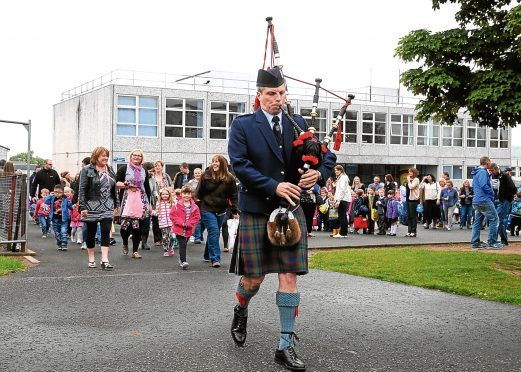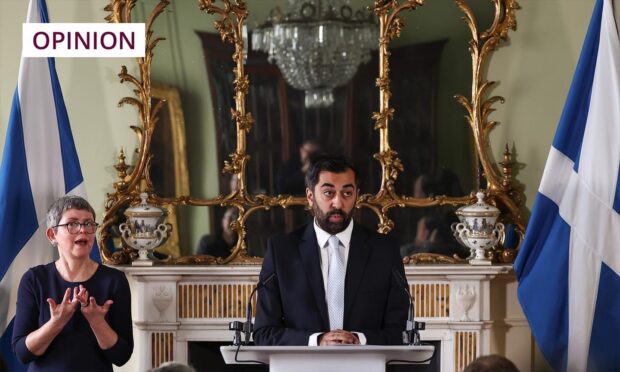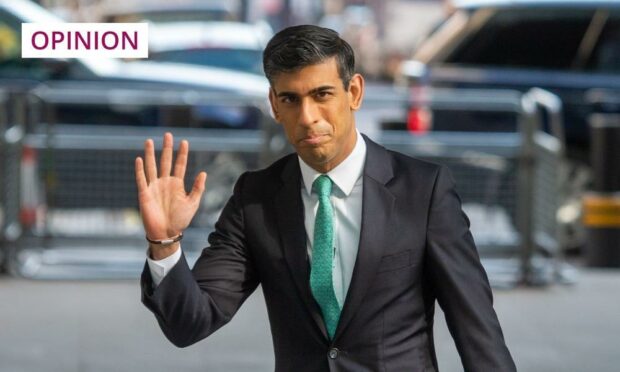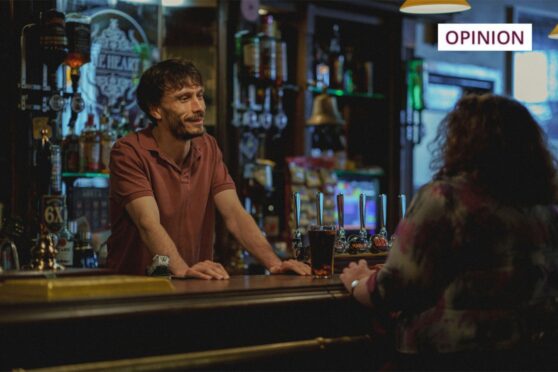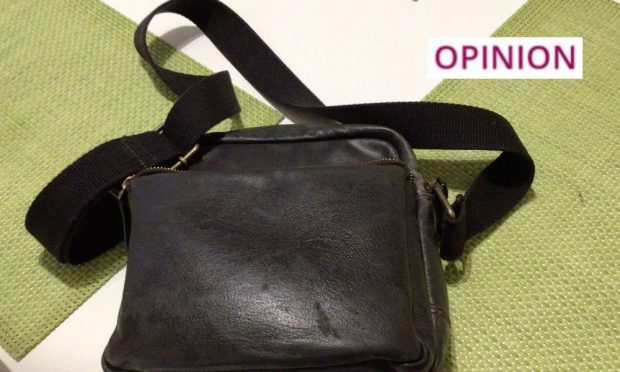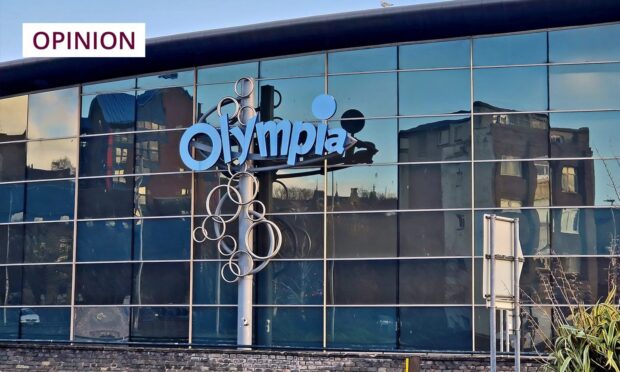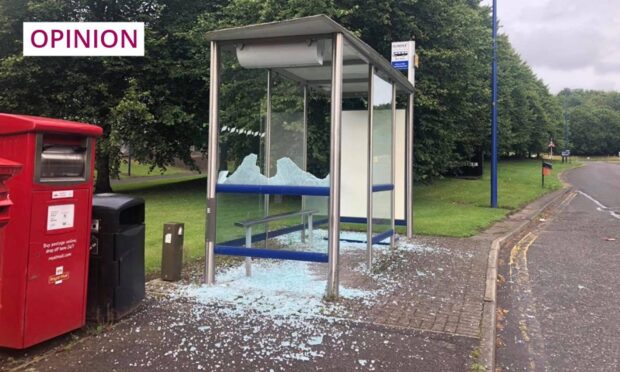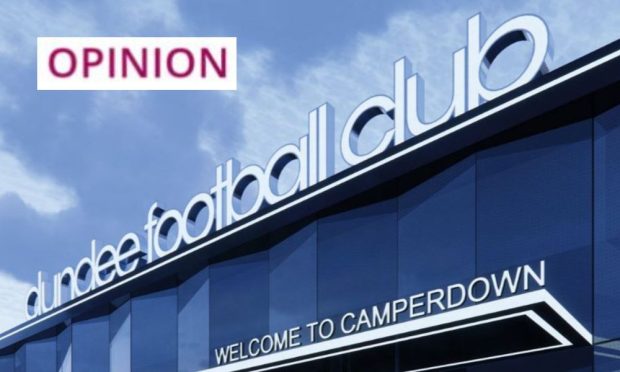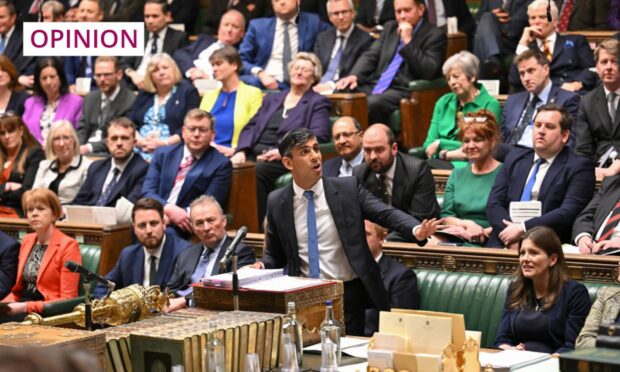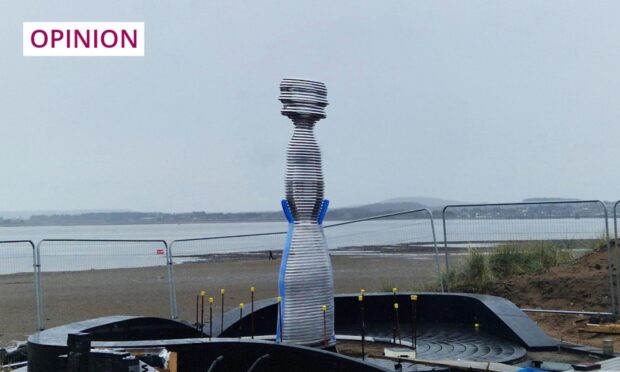Sir,– As a resident of Perth City South ward I note with interest a leaflet from the Lib Dems, portraying the SNP as “cheerleaders for independence”, with the clear inference that the SNP locally have achieved nothing. This claim seems to require us to disregard the facts.
The record shows that under SNP leadership since 2007 we have seen Fairview, Oakbank and South Inch View schools all built from scratch in this ward – this must surely be good? And in 2017, the only council budget proposal which made provision to replace Perth High School was the SNP’s proposal.
At Inveralmond, land available for development and job creation will double when the A9/A85 road is opened next year, and again, this development was commissioned under the SNP.
Not everything is perfect with Perth and Kinross Council – when was it ever with any council? But when politicians make hollow and incorrect inferences about their opponents, rather than underlining the positive case for their own vision and values, it seems certain to backfire at the ballot box!
Iain MacPherson.
31 Lammermuir Gardens,
Perth.
Why do we pay for the Lords?
Sir, – After watching a TV programme on the House of Lords I cannot believe that this institution can be logically defended in this day and age. It is nothing but an exclusive club for the privileged old boy network. It has no power, it can only suggest changes to acts passed by our democratically elected representatives.
And why do we need more than 800 of them at £48,000 per annum plus expenses? Some of them have not even taken part in a debate. America has more than three times our population but has only 100 members of their second house, two senators for each state at a fraction of the cost.
Why is this being allowed to continue in this age of so-called austerity?
Alister Rankin.
93 Whyterose Terrace,
Methil.
Police Scotland is a shambles
Sir,– Following the release of the latest list of disasters perpetrated by Police Scotland’s call handling system, we have had the First Minister telling us things are improving.
To bolster that view, on this occasion, an Assistant HM Inspector of Constabulary was trotted out in front of the cameras. She too was adamant that things were improving while acknowledging that there was still “work to do”.
Now, in The Courier (November 11), we have an Assistant Chief Constable who attempts to reassure us that all is well, and that these errors are not systemic but are due to human error. Meanwhile the justice secretary, whom one might have expected to put in an appearance, is conspicuous by his absence.
It seems glaringly obvious that the call handling centre at Bilston Glen is still not coping with the workload it is faced with. The chance of human error increases when the workload becomes greater than can be effectively managed and corners start to be cut. To compound that problem front line officers, in Fife at least, have been reduced almost to the levels that pertained 40 years ago, so the call handler cannot action calls for want of a unit to send to them. This of course creates a backlog of calls awaiting action.
There is still an obdurate refusal by the creators of Police Scotland to accept that it is shambolic and do something meaningful about it. All of which begs the question, how many more people will have to die before the they find the courage to admit their error?
George Thomson.
44 Viewforth Place,
Pittenweem.
Independence: it’s not over yet
Sir, – Derek Farmer (Letters, November 10) predicts that nationalism will disappear. His chosen example is Catalonia and he questions the right of a region to seek self- determination. As a self-confessed UK unionist it seems he is having a veiled dig at Scotland to convince himself that nationalism at home will soon die a death.
The difference here is that Scotland is not a region of a larger entity but a nation in its own right, sold into an artificial union by a few unelected bankrupt Scottish nobles to extricate themselves from debt following a failed business venture in central America.
There are examples of nations breaking away from imposed unions, such as Norway from Sweden in Scandinavia and the six now- independent countries which formed the former Yugoslavia, all living peacefully together as neighbours.
Scotland was cheated out of independence in 2014 by an eve-of-ballot intervention by three political party leaders from Westminster who pledged greater autonomy for Scotland in return for a vote to remain in the UK.
They actually gave a pledge, which by definition is a solemn promise not to be broken, and as cheating victories are always overruled in time, Mr Farmer, the Scottish issue of independence is far from over.
Allan A. MacDougall.
37 Forth Park,
Bridge of Allan.
Referendums fail democracy
Sir, – We are lucky in this country that there’s always been general consent for decisions made through parliamentary democracy. But with referendums, that’s changed.
The result is not accepted by the losing minority. A 50/50 referendum is not the correct way to make any important decision, especially when our parliamentary system tends to have succeeded, on balance, to give everyone an opportunity to discuss the complex arguments for and against any proposal.
Currently, however, when trying to get votes, lies, fake news and discrediting the opposition with half truths seems to be the norm. The Brexit vote had so many blatant lies told by both sides that the voter voted on the whim of the day. What a ridiculous way to come to a decision on such a complex issue.
I think it strange that the SNP and others feel that all the issues on coming out of Europe were not fully explained – how could they be? I suppose the SNP fully explained all the problems of with- drawing from the UK and the trade issues that would follow?
Referendums should never be used as a decision-maker, because there is no way that the population is knowledgeable enough to consider the issues and problems that will follow. If a referendum is genuinely the only way forward it should be a two-third or 75% majority to try to protect us from those that vote but do not really know what they are voting for.
Robin Duncan.
45 Woodlands Park,
Blairgowrie.
No attention to the details
Sir, – Holyrood’s Health and Sport Committee has rightly raised concerns about the lack of information available to assess the £8 billion budget of the new Integration Authorities charged with ensuring delivery of health and social care.
The committee has warned of signs of ‘bureaucracy’ and a ‘blame culture’, with different agencies not taking proper ownership of areas under their control.
This is another example of the SNP’s lack of attention to detail as they make grand pronouncements – in this case about a fully integrated approach to health and social care – but then fail to follow through with the necessary systems.
Instead, the SNP leadership are busy moving on to stirring up the next cause for grievance, to claim the moral high ground.
Meanwhile, issues of poor performance or lack of effective oversight continue to pile up across all sectors of public services that have suffered the SNP’s often heavy-handed and misjudged interventions.
Keith Howell.
White Moss,
West Linton.
